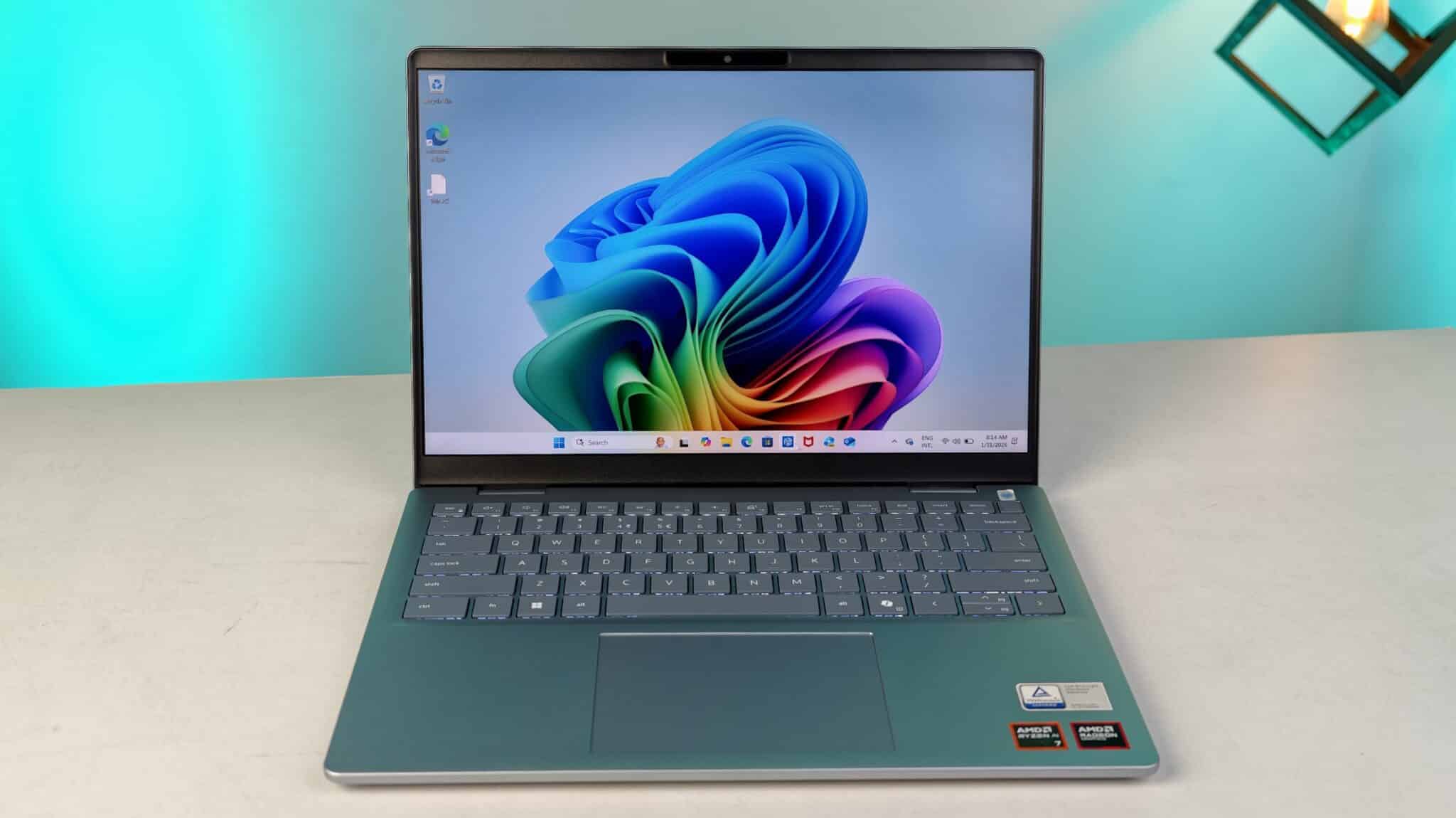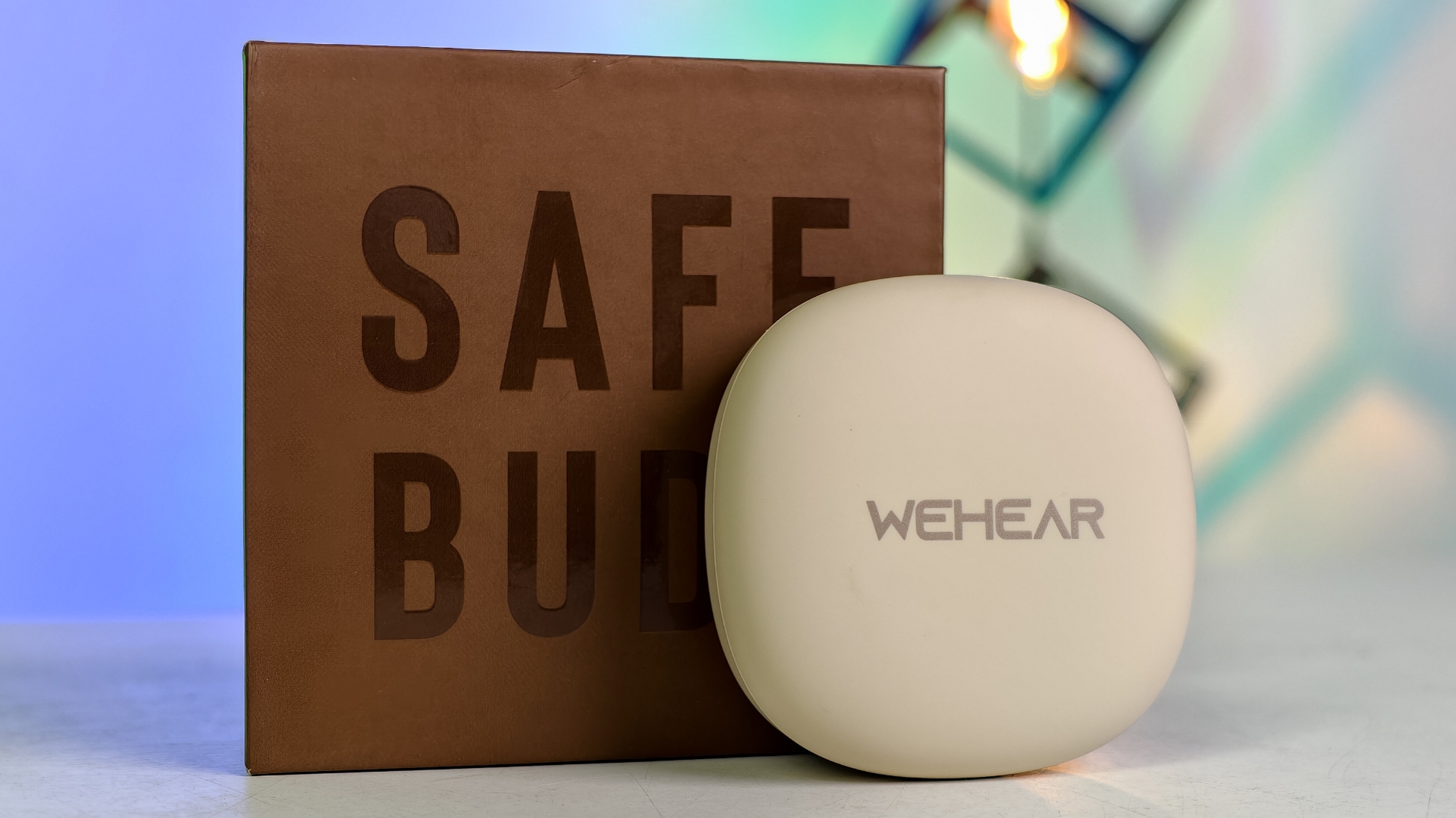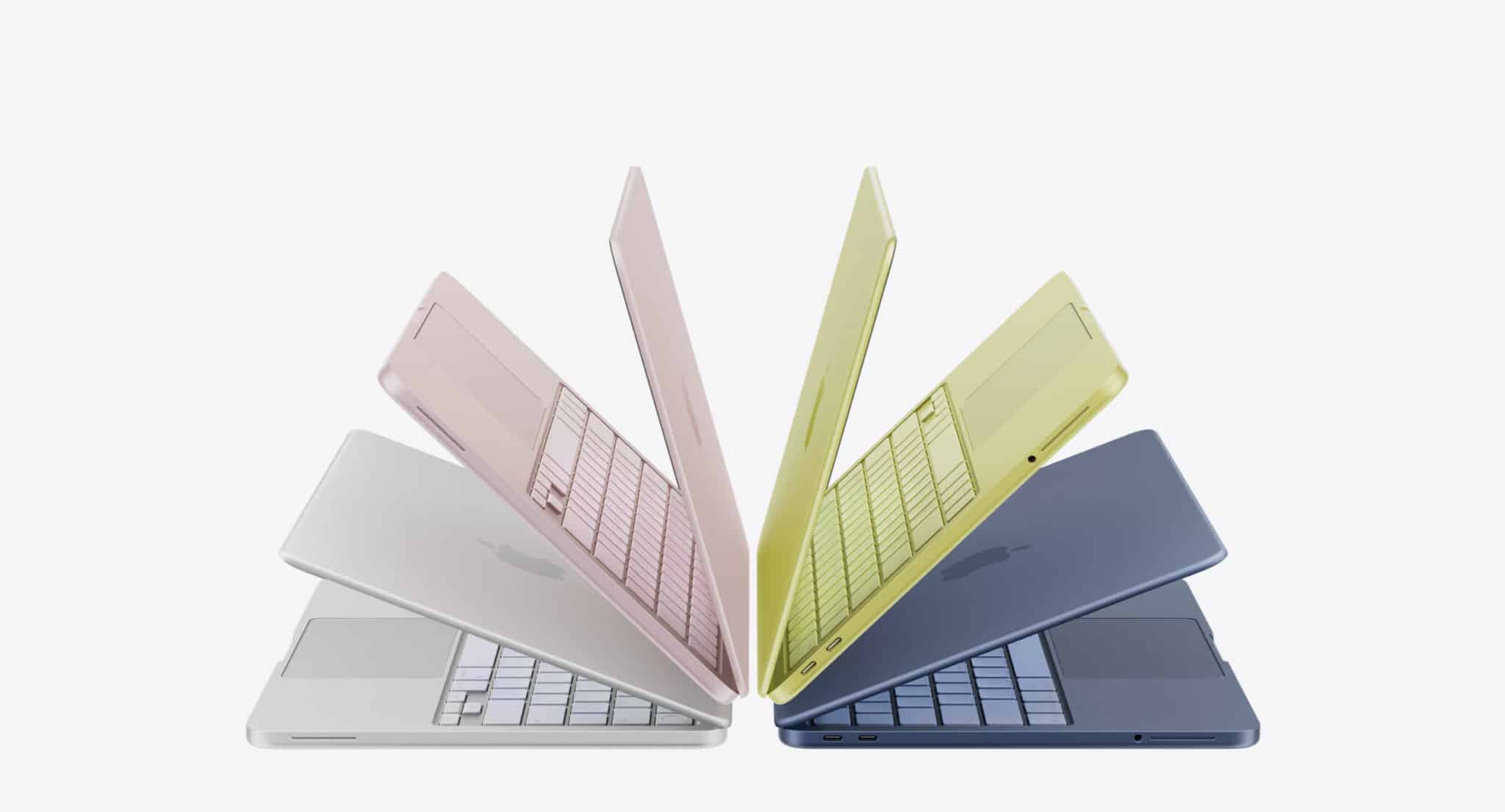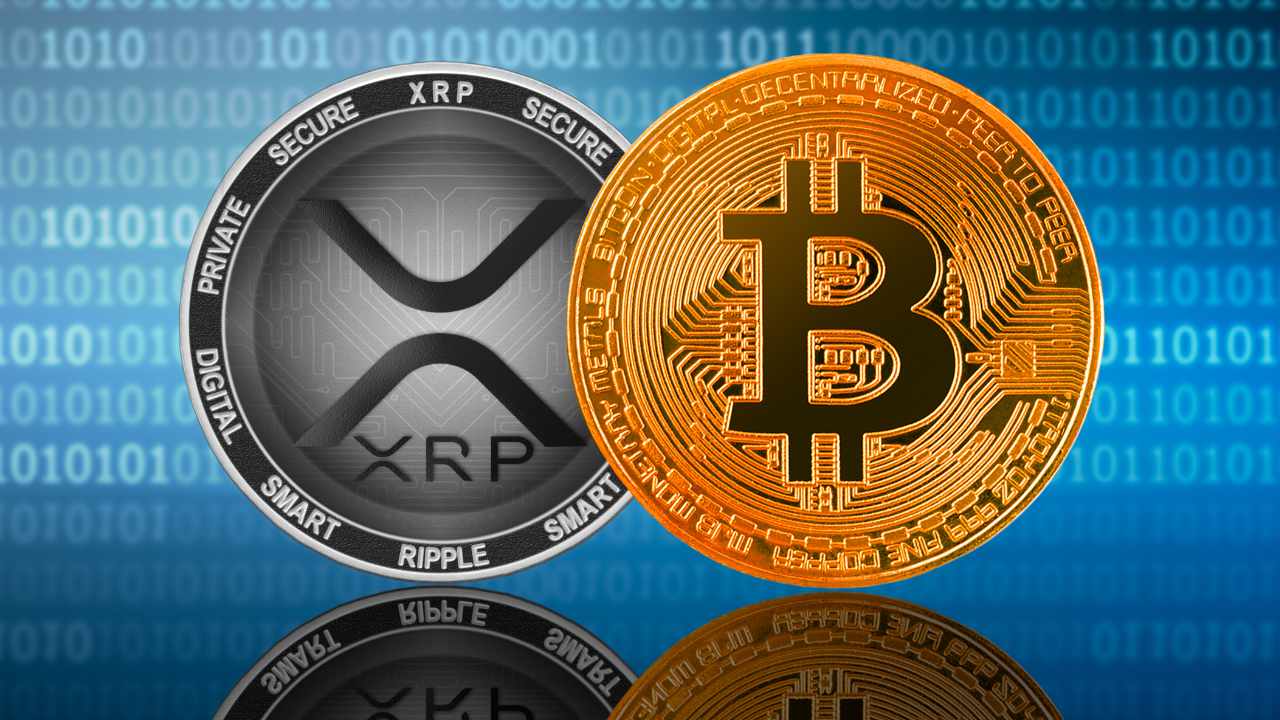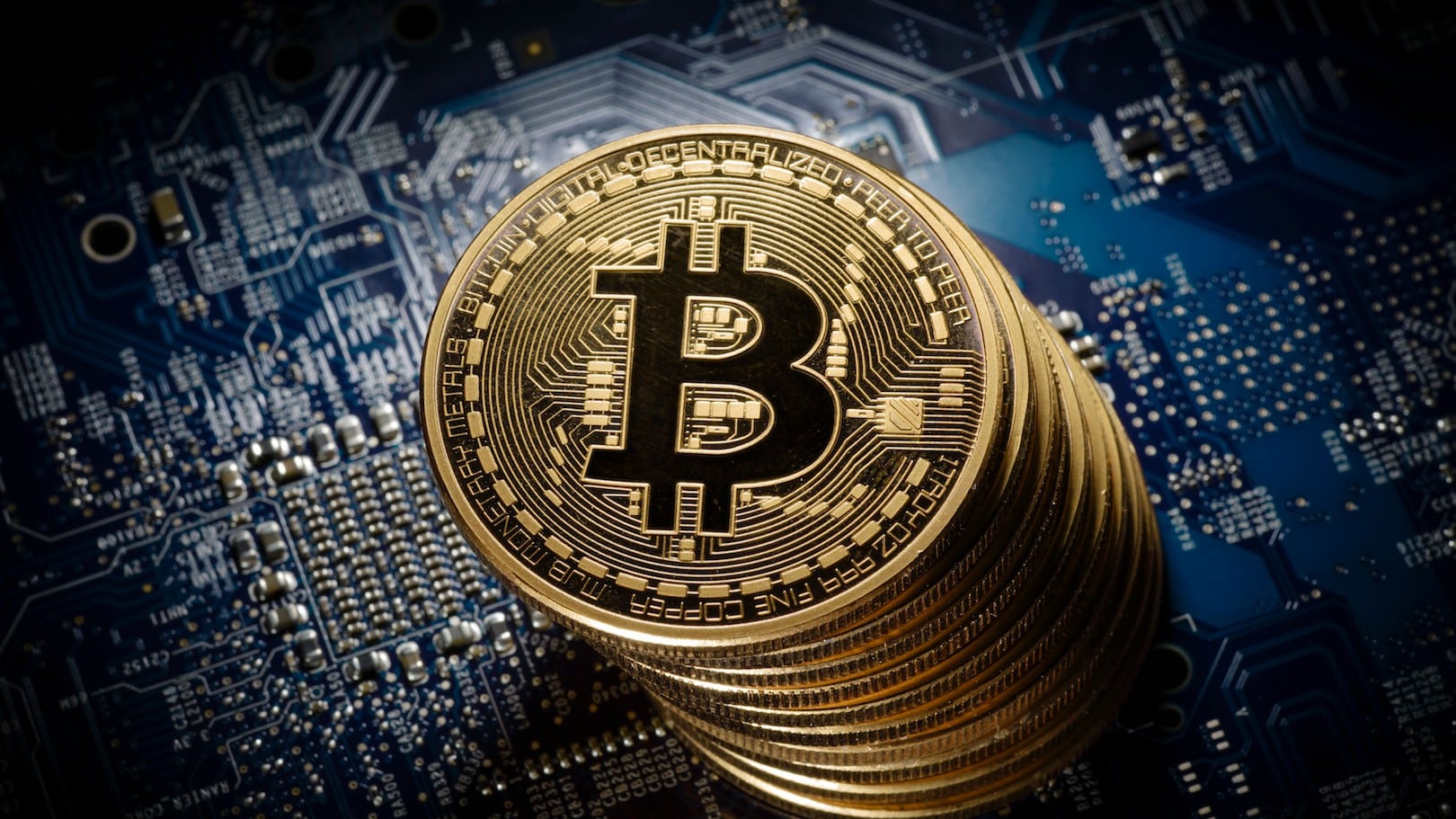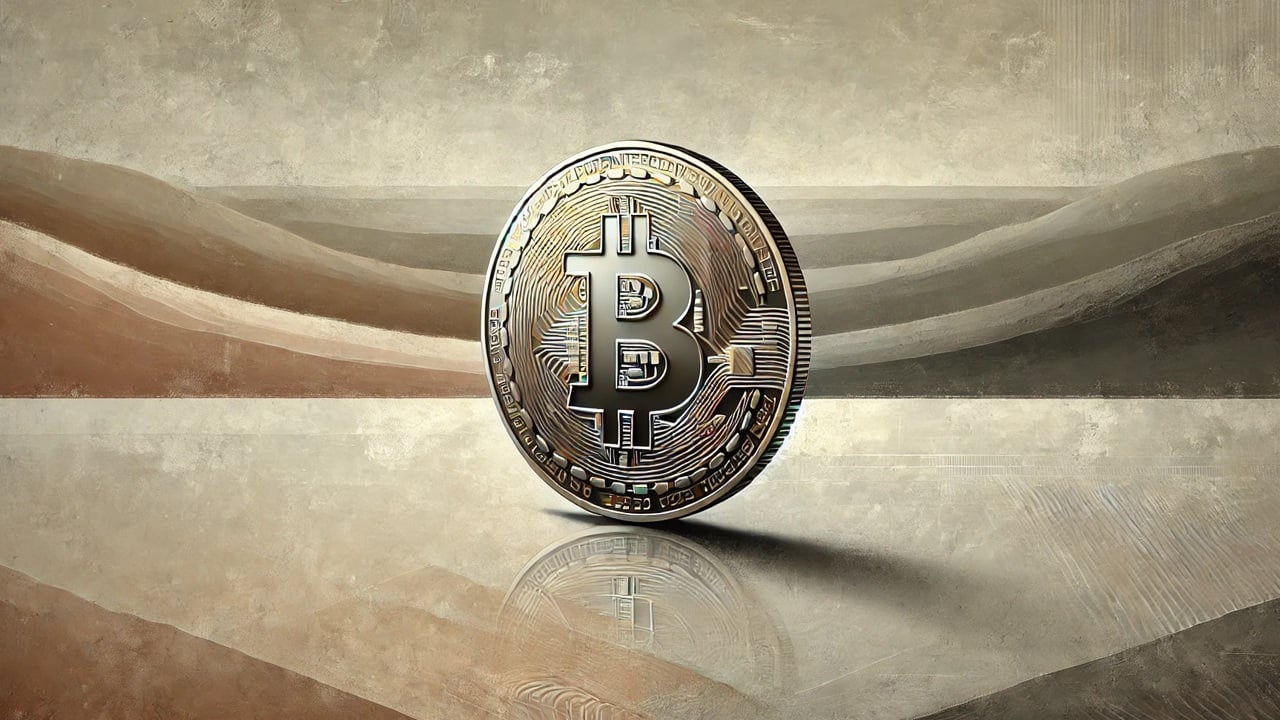The rise of Bitcoin as a potential reserve asset is a fascinating development in the global financial landscape. Once dismissed as a fringe technology, Bitcoin is now being seriously considered by governments and institutions worldwide as a way to diversify their holdings and potentially hedge against economic instability.
This shift in perspective is driven by several factors, including Bitcoin’s inherent properties as a scarce, digital asset, growing concerns about the long-term stability of traditional fiat currencies, and the increasing adoption of Bitcoin by both individuals and corporations. But what exactly does it mean for a nation to hold Bitcoin as a reserve asset, and what are the potential benefits and risks?
What are Reserve Assets?
Reserve assets are assets held by central banks and other major financial institutions to support their liabilities and stabilize their financial systems. Historically, reserve assets have primarily consisted of gold, U.S. dollars, and other major currencies. These assets are chosen for their perceived stability, liquidity, and global acceptance.
Why Bitcoin?
Bitcoin possesses several characteristics that make it an attractive potential reserve asset:
- Scarcity: Bitcoin has a finite supply capped at 21 million coins. This scarcity creates a natural deflationary pressure, unlike fiat currencies that can be printed endlessly, potentially leading to inflation.
- Decentralization: Bitcoin operates on a decentralized network, meaning it’s not controlled by any single entity or government. This makes it resistant to censorship and political manipulation.
- Portability: Bitcoin can be transferred quickly and easily across borders, making it a potentially useful tool for international trade and settlements.
- Security: Bitcoin’s underlying blockchain technology is highly secure and resistant to hacking, making it a safe store of value.
Real-World Examples
El Salvador made history in 2021 by becoming the first country to adopt Bitcoin as legal tender. While their approach has faced challenges, it highlights the growing interest in Bitcoin as a national asset. Other countries, like Venezuela and the Central African Republic, have also explored or adopted Bitcoin in some capacity.
Benefits for Nations
Holding Bitcoin as a reserve asset could offer several potential benefits for nations:
- Hedge against inflation: As mentioned earlier, Bitcoin’s scarcity could act as a hedge against inflation, protecting a nation’s wealth from eroding due to the devaluation of fiat currencies.
- Diversification: Adding Bitcoin to a reserve portfolio can provide diversification benefits, reducing reliance on traditional assets like the U.S. dollar.
- Increased financial sovereignty: Holding Bitcoin can potentially enhance a nation’s financial sovereignty by reducing dependence on other countries’ currencies and monetary policies.
Challenges and Risks
Despite the potential benefits, there are also challenges and risks associated with holding Bitcoin as a reserve asset:
- Volatility: Bitcoin’s price can be highly volatile, which could create uncertainty and potential losses for nations holding it.
- Regulatory uncertainty: The regulatory landscape for Bitcoin is still evolving, and this uncertainty could pose challenges for nations seeking to adopt it as a reserve asset.
- Security concerns: While Bitcoin’s blockchain technology is secure, there are still risks associated with holding and managing large amounts of Bitcoin, such as the potential for theft or loss.
The Future of Bitcoin as a Reserve Asset
Whether Bitcoin ultimately becomes a widely adopted reserve asset remains to be seen. However, the growing interest from nations around the world suggests that Bitcoin has the potential to play a significant role in the future of global finance. As the technology matures and the regulatory landscape becomes clearer, it’s likely that more countries will explore the possibility of adding Bitcoin to their reserve holdings.
Having followed Bitcoin since its early days, I’ve witnessed its evolution from a niche technology to a globally recognized asset. While I believe Bitcoin has the potential to be a valuable reserve asset, I also recognize the challenges and risks involved. It’s crucial for nations to carefully consider these factors before making any decisions about adopting Bitcoin.
















